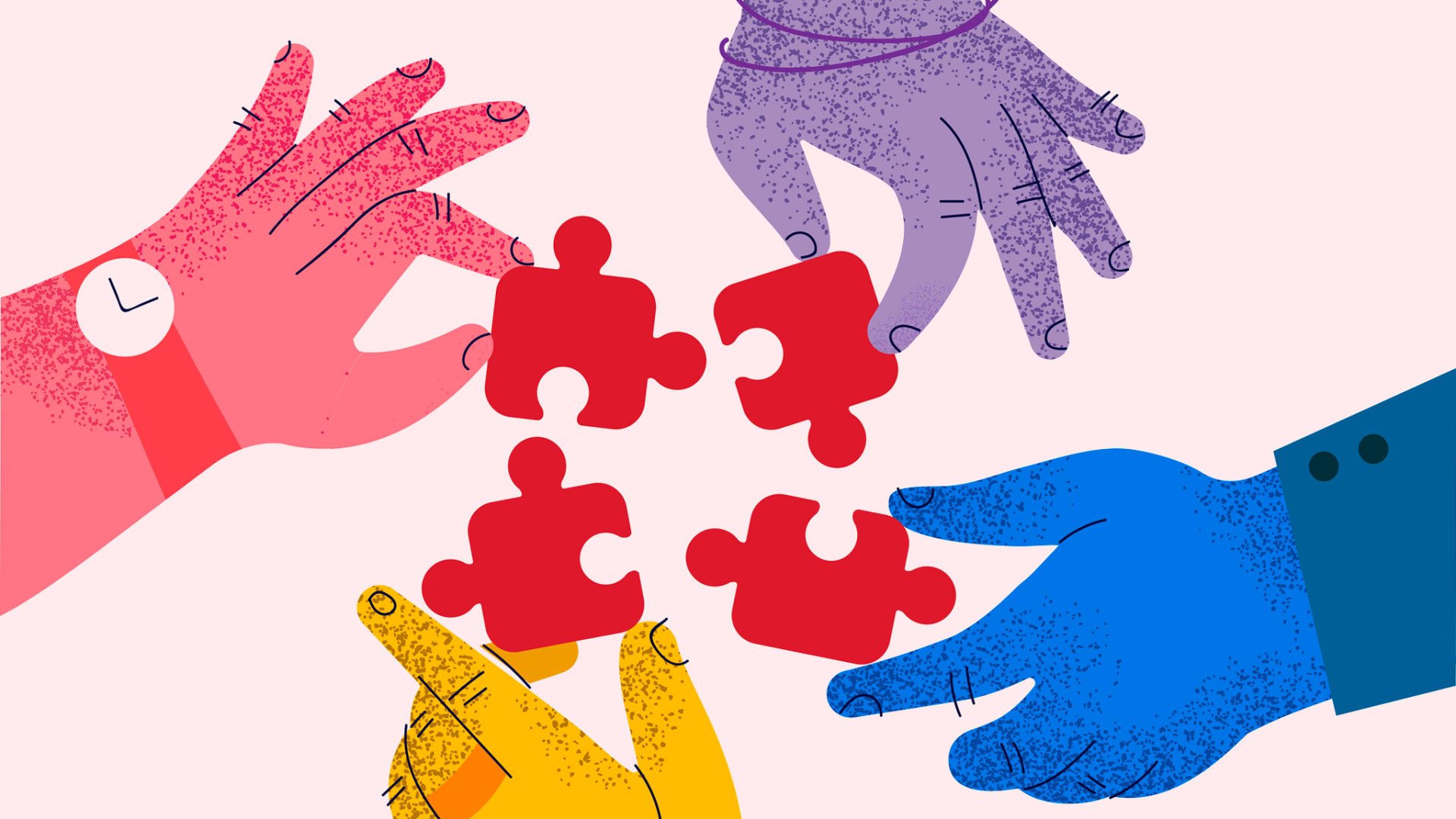One of the first steps in solving a problem — data science or otherwise — is determining the right measure to gauge success. When we want to objectively find the best solution, we should recall the concept of Goodhart’s Law and realise that rather than using a single number, the best assessment is usually a set of measurements. By choosing multiple metrics, we can design a solution without the unintended consequences that occur when optimising for a narrow objective. Goodhart’s Law states: “When a measure becomes a target, it ceases to be a good measure.” In other words, when we set one specific goal, people will tend to optimise for that objective regardless of the consequences. This leads to problems when other equally important aspects of a situation are neglected.
When using technology, people tend not to listen to their eyes and ears. Instead, a person is only making a judgement about a person through the distilled information. I have recently completed a digital marketing course and know now how to “game algorithms”. This has now convinced more than ever that in person meetings are a better gauge of a person’s integrity compared to looking at their social media feeds. When meeting face-to-face we can pick on mannerisms, for example, how the person speaks, how they appear, how they engage with their surroundings and a whole host of tangible and intangible behaviours.
Life is a balancing act, and social media has opened the world to the tensions of two forces: the ones measuring and the ones behaving. I think Goodhart’s Law is one of those paradoxes not to be solved but to be balanced. Contact me via e-mail when you are ready for an external perspective on your organisation’s measuring tools.





